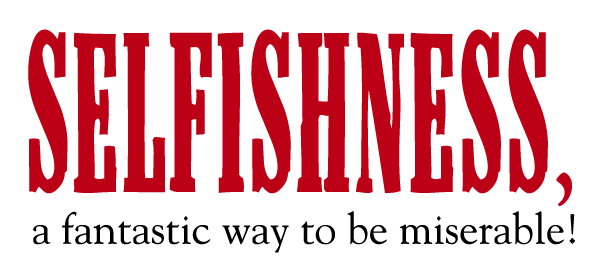Millennials: The most selfish generation yet?

“I am about to do what old people have done throughout history,” said Joel Stein in Time: “Call those younger than me lazy, entitled, selfish, and shallow.” But this time, I have factual proof. The Millennial generation—the 80 million Americans born between 1980 and 2000—is the most self-absorbed one yet, having been shaped by digital technology, overprotective baby boomer parents, and the “self-esteem” movement in which kids can do no wrong. In their brave new Facebook world, 70 percent of teens and 20-somethings check their phones hourly, interacting all day by taking “selfie” photos and seeking constant approval. (“Someone liked my status update!”) They worship the kind of mindless fame that turned Kim Kardashian into a role model, and are lazy and entitled: More 18- to 29-year-olds live with their parents than a spouse. Not surprisingly, studies have found, Millennials have sky-high rates of narcissistic personality disorder.
Now there’s a scoop for you—young people are “self-obsessed little monsters,” said Elspeth Reeve in TheAtlantic.com. Magazines have been denouncing the young in exactly those terms since at least 1907, when The Atlantic bemoaned “the latter-day cult of individualism” and “the worship of the brazen calf of the Self.” People are always narcissists when they’re young, and as they age, “they get over themselves.” To proclaim that 20-year-olds today are self-centered is like announcing that the generation born since 2010 are sociopaths, since they’re so likely to “pull your hair, pee on walls, and throw full bowls of cereal without even thinking of the consequences.”
Besides, older generations have some nerve attacking us, said Zara Kessler in Bloomberg.com. If we 20-somethings are emotionally stunted, perhaps it’s because of the mess our elders have made of the world. The generations before us gave us climate change, added trillions to the national debt, and wrecked the economy. On top of that, 9/11 made the world seem like a very scary, unsafe place. Maybe it’s to “hide our ultimate vulnerability” that we distract ourselves with Instagram and Facebook. I do worry about how technology is changing people and our culture, said Andrew Sullivan, but I find the 20-somethings I work with to be pragmatic, devoid of illusions, and “sane before their time.” Maybe that’s because “they have had to confront a far harder world than their parents, and simply have to get on with it.”

 Print
Print